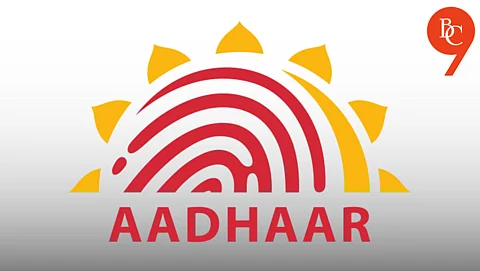

The Government of India has announced that Aadhaar authentication will become mandatory for anyone applying for a new Permanent Account Number (PAN) card from July 1, 2025. This landmark decision, revealed by the Ministry of Finance on Monday, is set to impact millions of prospective taxpayers and marks a major step towards integrating India’s digital identity and tax administration systems.
The government’s decision is rooted in its ongoing efforts to combat tax evasion, eliminate duplicate or fraudulent PAN cards, and promote a seamless, technology-driven approach to tax compliance. By making Aadhaar authentication compulsory for new PAN applications, authorities aim to:
Ensure Unique Identity: Aadhaar’s biometric authentication system makes it virtually impossible to obtain multiple PAN cards under different identities.
Prevent Tax Evasion: Linking PAN with Aadhaar helps track financial transactions more effectively, curbing black money and benami accounts.
Streamline Application Process: Aadhaar-based e-KYC (Know Your Customer) can significantly reduce paperwork and speed up the PAN issuance process.
Currently, Aadhaar is an optional document for PAN applications, though linking the two has been encouraged and, in some cases, mandated for existing PAN holders. From July 1, 2025, however, the following changes will take effect:
Mandatory Aadhaar Authentication: All new PAN applicants must undergo Aadhaar-based biometric authentication during the application process.
No Aadhaar, No PAN: Applicants without a valid Aadhaar number will not be able to apply for a new PAN card.
Online and Offline Integration: Both online (NSDL, UTIITSL portals) and offline PAN application channels will require Aadhaar authentication.
The revised process is designed to be user-friendly and secure:
Application Initiation: Applicants begin the PAN application process online or at authorized centers.
Aadhaar Submission: The applicant provides their Aadhaar number.
Biometric Authentication: The system prompts for biometric or OTP-based authentication linked to Aadhaar.
Verification and Issuance: Upon successful authentication, the PAN application is processed and the card is issued.
This streamlined approach is expected to drastically reduce the time taken for PAN issuance and minimize the risk of fraudulent applications.
The new rule applies to all Indian residents seeking a new PAN card after July 1, 2025. However, certain categories—such as Non-Resident Indians (NRIs), foreign nationals, and entities not eligible for Aadhaar—may be exempted, subject to official notification and guidelines.
The announcement has elicited mixed reactions. Proponents hail it as a bold step towards a transparent, digital-first tax regime, while critics raise concerns about privacy and potential exclusion of those without Aadhaar access. The government, however, assures that robust safeguards are in place to protect personal data and that special provisions will be made for those genuinely unable to obtain Aadhaar.
